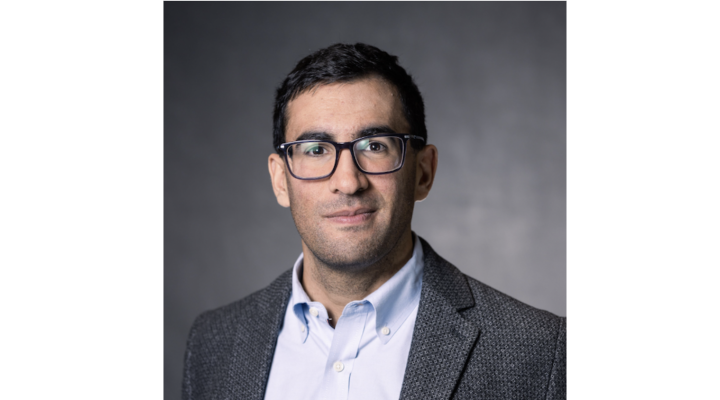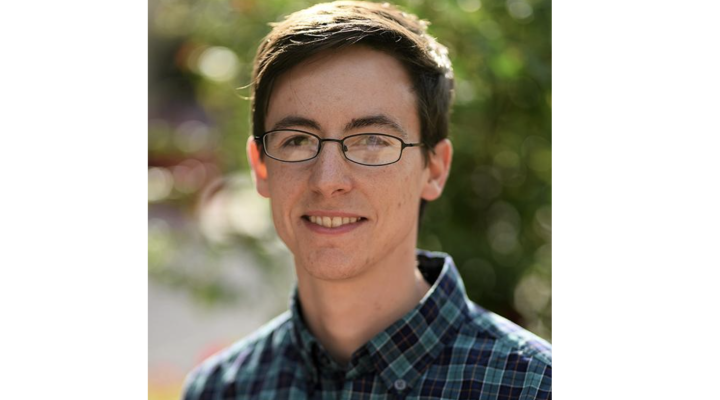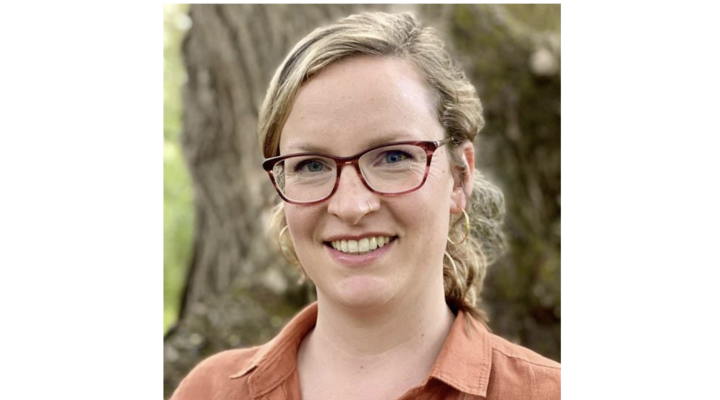Tanzeem Choudhury likes to study humans. Throughout her career, she has used technology to study people’s behavior, psychology, and health—creating innovations that promise to enhance our daily lives. Her passion for this work started at the MIT Media Lab—where she studied facial expressions and non-verbal behavior—and has now brought her to Cornell, where she heads the People-Aware Computing Group in the Department of Information Sciences. “I’ve always been fascinated by using technology to help you understand people better,” she says.
Choudhury uses devices—often smartphones—to gather raw data from people and their environment—light levels, conversation patterns, tone of voice, and then uses it to make high-level assumptions, such as the state of someone’s mental health. Her most current project involves a smartphone app which monitors aspects of the user’s phone conversations to assess their psychological well-being. The app gathers information—not actual topic content, but rather the tone, variation, and pitch of the person’s voice, and notifies the user if they are exhibiting signs of stress or depression. “When a person’s depressed, they speak more in monotones,” Choudhury explains. “When they’re stressed, a voice will have more jitters in it.” She also analyzes the conversations themselves—how many interruptions there are, and whether it is a back-and-forth volley or a one-sided monologue. Choudhury says once you have the data, and translate it into relevant information, “then you can think about how to intervene if someone is showing signs of declining mental health.”
Thus far, Choudhury has developed this application for average users and retirement home residents, but she believes the technology could be even more useful for those with certain mental disorders, such as bipolar disorder. “With bipolar disorder, doctors look for changes in people’s habits, such as sleeping and waking, changes in activity,” says Choudhury. “They’re looking for red flags—but there’s lots of variability between individuals. How do you recognize that?” She explains that currently, doctors try to keep bipolar patients on a highly regular routine to prevent severe manifestations of the disorder, however they rely on patient’s self-reporting of their daily activities, which can be highly inaccurate. Choudhury’s tracking technology could change that by unobtrusively gathering data on a patient’s day-to-day habits.
Unobtrusiveness, Choudhury says, is crucial to all her technology’s applications—the less input an app requires, the more likely it will be useful. Thus a key part of her research at the People-Aware Computing Group is developing apps and devices that can require low input and are mostly automated. Another key problem relates to tracking conversational traits and voice patterns accurately across diverse range of people. In order to be useful, Choudhury’s technology must be able to handle differences among people. “My voice patterns when I am stressed can look very different from when you are stressed. A big question is, how do you build a system that can adapt behind the scene and work for everyone,” says Choudhury. “You have to have algorithms that can be intelligent about that.”
It’s a complex problem, but that’s what drives her. “As a researcher I want to have an impact,” she says. “I get really excited about working through that challenge—how can we actually affect people.”
http://www.cornell.edu/video/tanzeem-choudhury
Nova's The Secret Life of Scientists and Engineers




